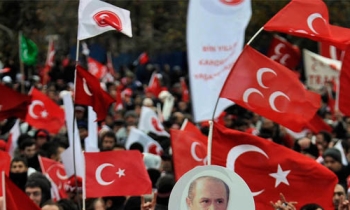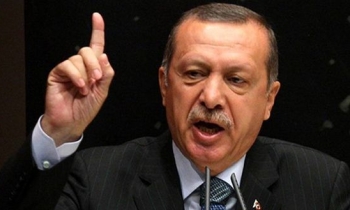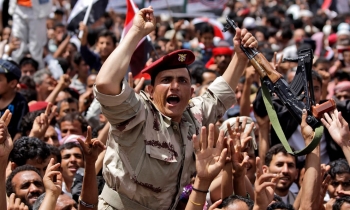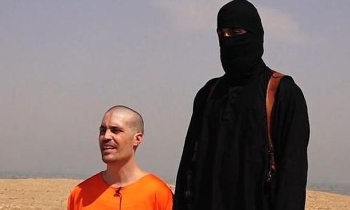An editor has been sentenced to one year in prison on a charge of publishing "false news" in a 2002 report attributed to the BBC, which claimed that Ethiopia was training rebels in neighbouring Eritrea. Abraham Gebrekidan, who edited the now-defunct Amharic-language weekly Politika, was immediately jailed on March 8, several local sources told the Committee to Protect Journalists (CPJ).

Meanwhile, pregnant Internet journalist Frezer Negash was freed from custody on March 10 after a court two days earlier ordered her release on bail, chief prosecutor Shemelis Kemel told CPJ. No formal charges have been brought, but Negash, who had been held since January 27, is still under investigation.
A CPJ delegation raised questions about her case and many others, including another jailed pregnant journalist, Serkalem Fassil, in meetings with Prime Minister Meles Zenawi and top Justice Ministry officials on March 9.
Ethiopian authorities launched a massive crackdown on the private press last November, after protests against alleged poll-rigging turned violent. Police blocked most private newspapers from publishing; drove dozens of journalists into hiding; raided newspaper offices; expelled two foreign journalists; and issued a "wanted list" of editors, writers, and dissidents.
Negash is a correspondent for the US-based website Ethiopian Review, which is highly critical of the government. Its publisher, Elias Kifle, is one of several exiled journalists charged in December with genocide and treason. Dozens of opposition leaders and at least 14 journalists have been jailed in Ethiopia on similar charges since November.
As part of the crackdown, a number of other journalists have been prosecuted for alleged press law violations that date back several years. Getachew Simie and Leykun Engeda, for example, were sentenced to prison in December for stories that dated to the late 1990s. Simie has been released pending appeal.

Other cases stem from purported technical infractions. Iyob Demeke, former editor-in-chief of the defunct Amharic-language weekly Tarik, was sentenced on February 8 to pay 6,000 birr (US$691) for having failed to print the name of the newspaper's deputy editor on its masthead. He spent six days in jail before enough money was raised to pay the fine. According to CPJ, the case against Demeke dates from 1999. Tarik closed down several years ago.
Elias Gudissa, editor-in-chief of the Amharic weekly Tikusat, was sentenced to pay 11,000 birr (US$1,267) on February 10 for "defaming the government" and printing "misinformation" in an article printed several years ago about the border dispute between Eritrea and Ethiopia. He was released after five days in jail. Tikusat, like much of the private Amharic press in Ethiopia, has been barred from publishing for at least several weeks by security forces posted in the government-owned printing press.
Zenawi assured the CPJ delegation that the government would review the prosecution of journalists facing longstanding charges related to their work. The delegation visited Kality Prison, on the outskirts of Addis Ababa, where opposition leaders and journalists have been held. The delegation included Africa Programme Coordinator Julia Crawford; Charles Onyango-Obbo of Kenya's Nation Media Group; and Charlayne Hunter-Gault, a Johannesburg-based journalist and CPJ board member.









